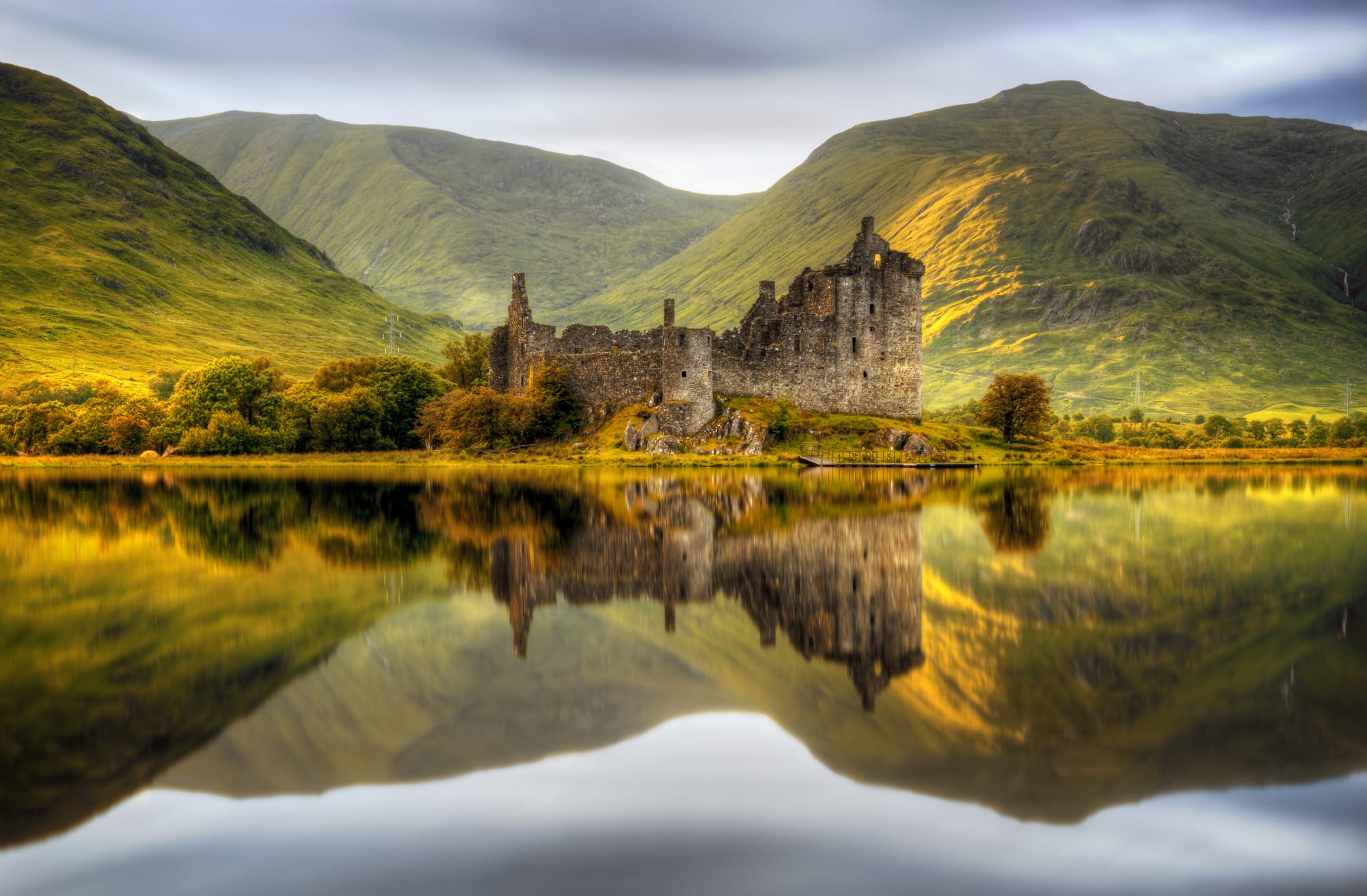Signal boost for bank holiday ramblers as UK government’s 4G rollout picks up pace in the Great British countryside

Dozens of UK tourist hotspots to get faster, more reliable mobile coverage across the Great British countryside this bank holiday.
- Snowdonia amongst national parks receiving mobile connectivity boost which will improve safety for walkers
- Great British countryside sees improved 4G without impact on scenery, as UK Government upgrades existing mobile masts, rather than building new ones
- Upgraded infrastructure to give first responders immediate access to life-saving data - making it quicker and easier for them to rescue people in danger
Ramblers, hill climbers, and wildlife watchers in dozens of UK tourist hotspots will enjoy faster, more reliable mobile coverage to explore the Great British countryside this bank holiday.
Four masts providing 4G coverage in some of Britain’s most visited national parks have now been switched on following UK Government funding, improving safety for tourists and local residents, and reducing the number of signal losses in these remote areas.
The key locations targeted by the programme include areas of outstanding natural beauty across England and Wales, such as Snowdonia, the Shropshire Hills, the Wye Valley, and the Brecon Beacons, which are benefitting from improved connectivity without new infrastructure being installed.
It will mean residents and visitors who previously struggled to fulfil basic tasks on their mobiles, such as finding routes via online maps, uploading pictures on social media, and using messaging platforms to text and make calls, will no longer face frustrating mobile dropouts.
The boost comes as the UK Government seeks to fix the digital divide to ensure Britons up and down the country can have the same opportunities and are not held back by lack of connectivity.
Minister of State for Telecoms Chris Bryant said:
"We want everyone to be able to enjoy the breath-taking views of our mountains, parks, and lakes and this connectivity boost without any impact on scenery will give visitors the peace of mind to be able to call a friend should they get lost, or find their way to enjoy a much-needed lunch break in a local pub."
The upgrade is also set to reduce the risks of tourists needing emergency assistance, easing pressures on the emergency services who normally receive higher number of calls during bank holidays.Where people do find themselves at risk, the masts will give first responders immediate access to life-saving data, images and information - making it quicker and easier for them to rescue anyone in danger.
Mike Park, Chief Executive Officer of Mountain Rescue England and Wales said:
"Teams across the country are seeing a year-on-year increased demand for our unpaid, voluntary services. This announcement means that we are being given the best chance to be alerted when people require our life-saving services.
Thirty years ago, when mobile phones and network coverage were in their infancy, it was typical that simply getting off the mountain to a telephone to alert Mountain Rescue could add more than 2 hours before a rescue could be initiated. Because of the improvement in the mobile phone networks in these remote areas, mountain rescue teams are now able to be alerted so much quicker, which is a benefit to all of us – casualty and rescuer."
The boost is the latest milestone of the Shared Rural Network programme, a £1 billion funding project geared towards improving connectivity in rural areas of the country. This part of the programme upgrades existing masts, rather than building new ones, so that the impact on the surrounding environment is kept to a minimum.
Beyond national parks, the upgrade will also benefit tourists visiting historic landmarks, such as the UNESCO world heritage site Blaenavon Industrial Landscape and the Norman-era Caldicot Castle and Country Park in South Wales.The Shared Rural Network has already led to an additional 14,800 square kilometres – an area roughly the size of Northern Ireland or two million football pitches – receiving coverage from all four operators.
The UK government is investing in upgrades to the Home Office’s Emergency Service Network mobile masts to provide coverage from all four mobile operators – mostly in Scotland and Wales.
To date, 16 Extended Area Service (EAS) mast upgrades have been switched on – including 13 in Wales, one in Scotland and two in England.Mobile operators are also investing over £500 million to target partial ‘not spots’, where customers can only access 4G if they are signed up with a mobile network operator that is active in the area. This part of the programme has already delivered significant coverage improvements across the UK, including in the areas of Shetland, Yorkshire, Fermanagh and Devon.
Bryn Jones, Director of SRN at Digital Mobile Spectrum Limited which represents the four major mobile operators, said:
"With 16 publicly funded mobile sites now live, residents, businesses and tourists across the UK are benefitting from the sharing of existing infrastructure. The Shared Rural Network will continue to deliver improved 4G coverage as more upgrades go live."